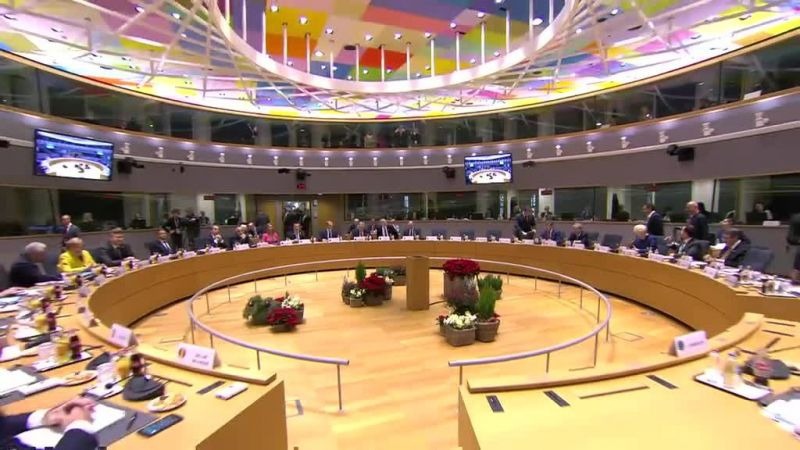At the informal meeting of EU leaders in Brussels last Friday an agreement was reached that there is no automaticity in the election of a lead candidate from one of the political party groups in the European Parliament to the post as a president of the European Commission. Before the meeting, the current president, Jean-Claude Juncker, had argued that the so-called Spitzenkandidaten system should be consolidated and strengthened and that the parties should make their choices of lead candidates in good time before the elections in 2019 and before the end of this year.
The system was applied for the first time in the 2014 European elections. Lead candidates nominated by the main political party groups campaigned across Europe before the elections. The idea was that the candidate from the political party which won the largest share of the votes should also be elected to Commission president.
Whether this was strictly in line with the treaties is a matter of interpretation. The Lisbon treaty states that the European Council, acting by a qualified majority and “taking into account the elections to the European Parliament”, shall propose a candidate for Commission president to the Parliament, which then elects the candidate by a majority vote.
The Commission claims that the system had a positive impact on the relationship between the EU institutions and gave its president a stronger mandate.
But European Council President Donald Tusk said at the press conference after the meeting that there now was an agreement that the European Council cannot guarantee in advance that it will propose one of the lead candidates for Commission president.
“There is no automaticity in this process”, he said. He also questioned that the Spitzenkandidaten process is more democratic.
“The Treaty says that the President of the European Commission should be proposed by the democratically elected leaders of the Member States and that he or she should be elected by the democratically elected members of the European Parliament. This is the double democratic legitimacy of the Commission President.”
That said, being a lead candidate does not exclude a person from becoming the future Commission president, it might even increase the chances, he added.
Juncker, standing next to Tusk at the press conference, said that the decision was not surprising and seemed to accept the blow to the Spitzenkandidaten system which he had been favoring. If the candidate proposed by the Council is rejected by the Parliament, the council will have to propose a new candidate within one month.
“The system will not be dramatically different next time,” he said. The Member States, the European Council and the European Parliament have a shared responsibility in selecting the Commission president, but it is the Parliament that actually elects the president.
M.Apelblat
The Brussels Times

